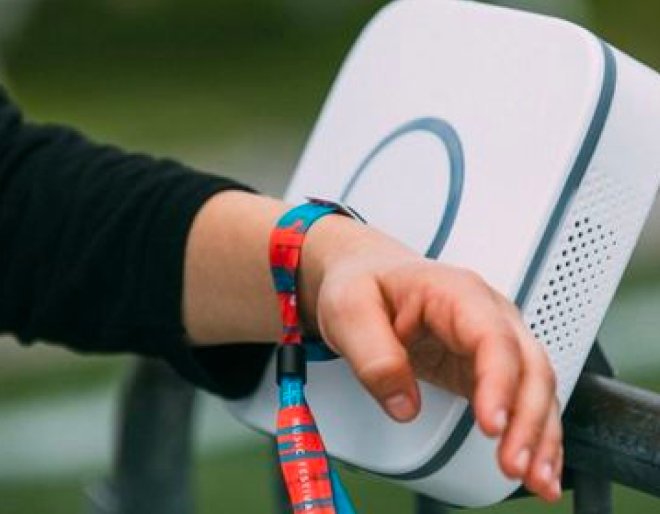

Remember the days of paper wristbands and endless queues? In the ever-evolving landscape of experiential marketing, the future lies firmly in the hands of event tech, with RFID technology leading the charge. And at the forefront of this revolution stands Atlas Collective, an integrated marketing agency redefining the way brands connect with audiences through innovative event experiences.
Atlas Collective: Breaking Ground with Event Tech
Gone are the days of siloed marketing strategies. Atlas Collective champions a holistic approach, seamlessly integrating cutting-edge event tech with its branding, content creation, and social media expertise. Their mastery of RFID technology elevates events from fleeting encounters to data-driven journeys, fostering authentic connections and measurable results.
But how exactly is Atlas Collective breaking new ground with RFID? Here are just a few ways:
- Personalized Engagement: Imagine attendees greeted by name, offered tailored recommendations based on preferences, and seamlessly navigated through event spaces. RFID enables real-time data capture, allowing Atlas Collective to craft hyper-personalised experiences that leave a lasting impression.
- Streamlined Logistics: Say goodbye to long lines and manual data entry. RFID bracelets automate everything from registration to payments, unlocking doors, granting access to exclusive areas, and even triggering personalised content on digital displays. This fosters a frictionless experience for attendees and valuable data insights for brands.
- Gamification and Interactivity: Turn your event into a captivating game. RFID enables interactive challenges, scavenger hunts, and real-time leaderboards, boosting engagement and driving brand recall. Atlas Collective masters the art of gamifying experiences, transforming passive participation into active brand ambassadorship.
- Data-Driven Insights: Beyond the buzzword, Atlas Collective leverages RFID data to provide brands with invaluable insights into attendee behaviour, preferences, and engagement patterns. This data goldmine informs future marketing strategies, ensuring every event is optimised for maximum impact.


Events of the Future: Building Networks and Sales Pipelines
The potential of events goes beyond entertainment. In a world fueled by data and personalization, events are becoming powerful tools for building lasting networks and generating sales leads.
Atlas Collective understands this shift. By utilising RFID technology, they create opportunities for meaningful networking:
- Targeted Matchmaking: Imagine an AI-powered system connecting attendees with like-minded individuals based on interests, expertise, and shared goals. This facilitates organic networking and fosters valuable business connections.
- Lead Generating and Nurturing: RFID data on attendee interactions and dwell times reveals potential leads. Atlas Collective leverages this data to personalise post-event communication, nurturing leads and closing deals long after the event is over.
- Building Brand Communities: The magic of RFID goes beyond the event itself. Atlas Collective utilises the technology to create ongoing online communities for attendees, allowing brands to nurture relationships and cultivate brand loyalty far beyond the event date.




Tech-Powered Value: Events, Brands, and Attendees Win
The future of events isn’t just about flashy tech; it’s about creating value for every stakeholder. For brands, events powered by RFID technology deliver measurable ROI, generate qualified leads, and build lasting relationships with customers. For attendees, these events offer personalised experiences, meaningful connections, and a sense of belonging. And for agencies like Atlas Collective, it’s an opportunity to orchestrate transformative experiences that leave a lasting impact on the world of experiential marketing.
So, buckle up and prepare to be swept away by the event tech revolution. With Atlas Collective leading the charge, we’re entering a new era of data-driven, hyper-personalised events that truly deliver value for brands, attendees, and the future of experiential marketing itself.